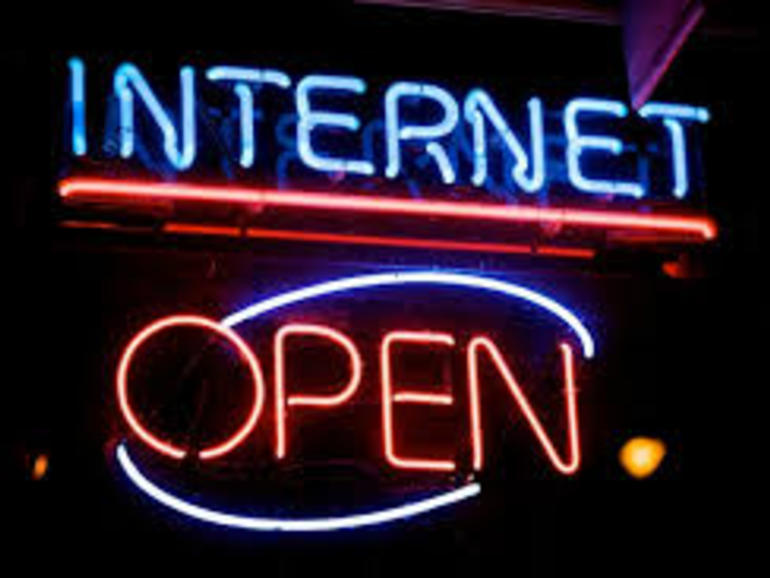HughesNet Pushes Satellite For Broadband Backup
If you operate a business, how will you respond if your wireline broadband service fails? Do you have an adequate backup?

This is a question many business owners are asking since last month’s massive outage of Comcast services. Millions of residential customers were effected, and thousands of businesses were crippled by the outage. It affected a large portion of the U.S., from east coast to west, and all Comcast services suffered: phone, TV, internet, and business services. Ironically, even the Down Detector failed.
(The Down Detector is an online service that tracks cable and satellite service outages. It tracks dozens of internet, video, phone, gaming, and social media services. It even monitors access to individual TV channels.)
Comcast blamed the outage on a fiber cut in a Manhattan system owned by one of its backbone ‘partners’. The incident affected both business and residential customers.
Can anything insure against lost connections?
HughesNet cited the Comcast outage as the type of catastrophic surprise businesses need to insure themselves against. And HughesNet says it has the solution.
HughesNet Network Solutions now offers a backup high-speed broadband service for such events. It will automatically switch users to satellite broadband when their terrestrial web connections fail. The backup service is under the name of HughesNet Internet Continuity. For a mere $39.99 per month, it insures against losses due to DSL, cable, or telecom down time.
With the backup system, the customer gets a WiFi modem, an antenna, a router, and a radio. Once the terrestrial network is restored, the HughesNet Continuity system switches back to it automatically.
The backup system operates at speeds of up to 25 MB/S for uploads, and 3 MB/S for downloads. These speeds meet the FCC definition of broadband.
The need for some sort of internet insurance has long been evident. As many as 90% of businesses have suffered at least one web service interruption. A third report facing an outage every month. Such outages can block access to critical systems.
At minimum, the service interruptions bring loss of revenue. In extreme cases, they can alienate customers and even force business closure.
(For the most reliable web connection, talk to Satellite Country. We can help.)



